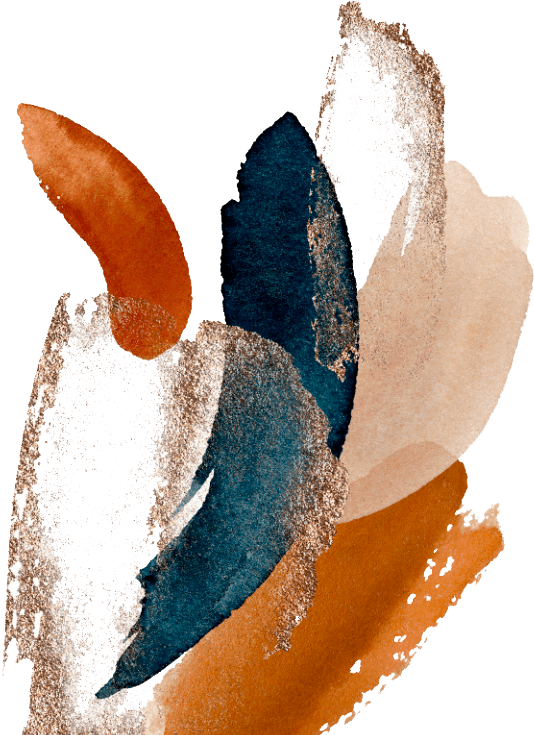
- 08 December 2014
- 1762
Sensational discovery in Nature journal: NEFU scientists studied three ancestral populations of present-day Europeans
The journal Nature published a sensational article about three ancestral populations of present-day Europeans, co-authored by employees of Research Laboratory of Molecular Biology of NEFU Institute of Natural Sciences under the leadership of Dr.Sci.Biol Sardana Fedorova.
"Research is based on a comparison of nine samples of ancient DNA with two thousand present-day humans. DNA samples were obtained from the bone remains from 24,000-year-old ancient burial Malta in Siberia. The international community of researchers sequenced the complete genome of nine ancient people. The study of the genome on bone remains is a methodologically new thing in genetics", a senior fellow at NEFU Research Laboratory of Molecular Biology Nikolay Barashkov said.
According to the researchers, previously it was known about two waves of migration of the ancient people in Europe. First, the Neolithic wave of migration occurred about 40,000 years ago, when hunter-gatherers from Africa came to Europe. In the Neolithic age, farmers migrated to Europe from the Middle East. The third and last wave consisted of the ancient tribes of Siberia. Thus, an international team of researchers concluded that there were at least three mutually independent populations of ancient people in Europe.
Reference:
Publications in such journals as Nature are very prestigious, because the articles are often quoted, and authors become widely known outside of their field of science. Thus, the impact factor of Nature in 2013 was equal to 37.231.


 English
English Russian
Russian Chinese
Chinese